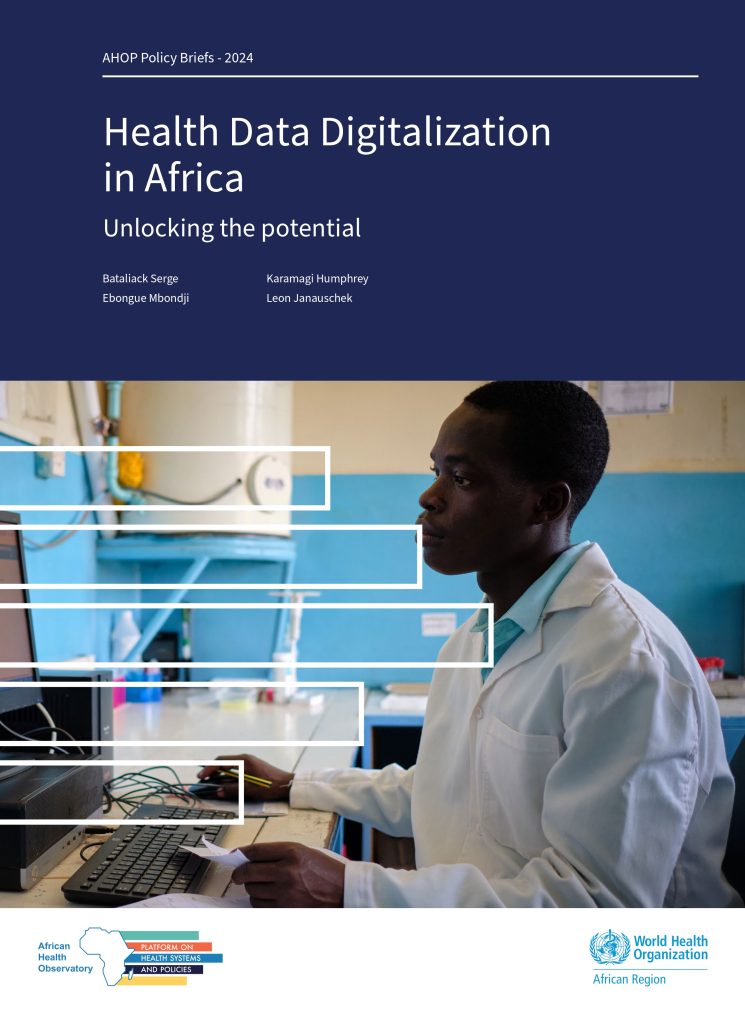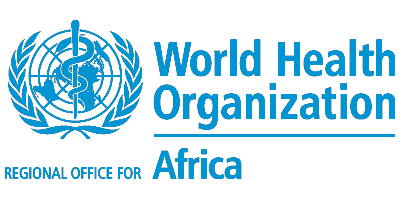The transition from paper-based to digital health data is gaining momentum in Africa and could bring significant improvements to health care services across the continent, according to a new report.
The policy brief, published by the African Health Observatory – Platform on Health Systems and Policies (AHOP), states that digitalizing health data has the potential to improve the quality, efficiency, and accessibility of health care services in Africa.
Evidence shows that the spread of digital technologies and access to the internet is aiding health data digitalization across Africa. From 2008 to 2020, the rate of individual internet users in Africa increased from 4% to 30%. There is a growing population of young people on the continent who own smartphones and will promote the use of digital tools across the health system. African governments have also indicated their commitment to digitalization by endorsing a recommendation to use digital health solutions within national health systems at a recent World Health Organization (WHO) regional meeting.
“More people accessing the internet and governments committing to digital health adoption are promising developments for health data digitalization in Africa, with many ensuing benefits for our health systems,” said Dr Serge Bataliack, Coordinator of the Integrated African Health Observatory at the WHO Regional Office for Africa. “However, this means promoting a digital culture among public health professionals, developing our digital infrastructures and establishing clear regulatory frameworks to ensure compliance with national and international standards.”
The digitalization of health data is an essential step towards strengthening health systems. By making it easier access to historical and current patient and workforce data, digitalization empowers patients to take an active role in their health, helps health professionals make more informed decisions and provides an evidence base for policy reform.
The state of health data digitalization in the region is very diverse. The majority of African countries are in the early stages of developing full digital health data systems, but extreme fragmentation continues to hinder progress and pilot projects are rarely scaled up.
“There remains much to be done at all levels to address the challenges raised by health data digitalization”, said Dr Peter Mbondji, a co-author of the brief. “Collaborative efforts involving governments, international organizations, healthcare providers, and technology partners are essential to address issues such as patient information privacy, data security and equitable access to health care.”
Priorities for action include developing intersectoral policies on health data governance and stewardship, ensuring reliable internet connectivity across the continent, training health care professionals to use digital health tools and securing funds for digital health development.
The African Health Observatory – Platform on Health Systems and Policies (AHOP) is a regional partnership that promotes evidence-informed policy-making. AHOP is hosted by the WHO Regional Office for Africa (WHO AFRO) and is a network of centres of excellence from across the region, leveraging existing national and regional collaborations.









